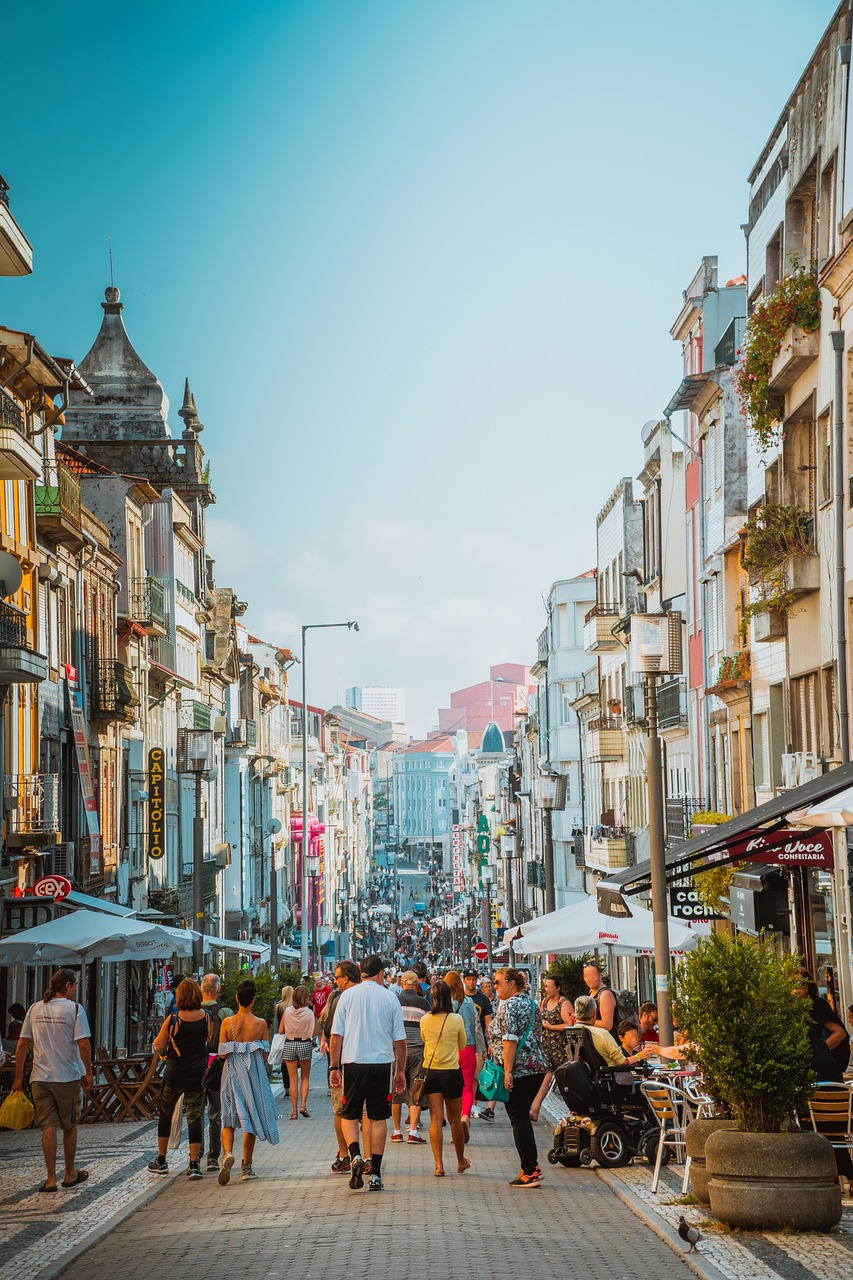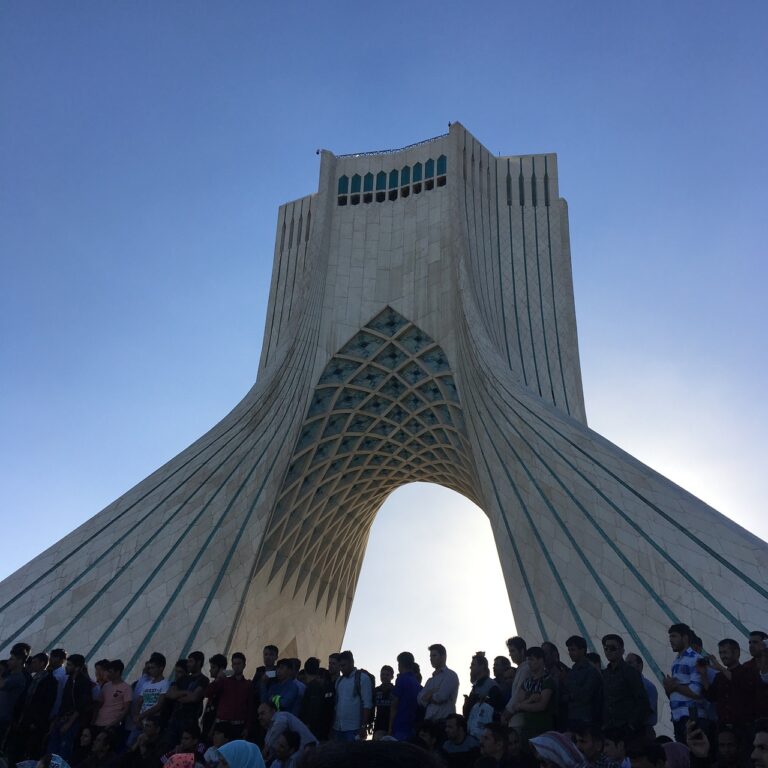
News Analysis: Rising Tensions Between Russia and the European Union
This analysis delves deep into the crisis, incorporating the latest developments, potential future scenarios, and the roles of global powers like China and India.
As of March 29, 2025, tensions between Russia and the European Union (EU) have reached a new peak, marked by an escalation in military activities, sanctions, and geopolitical manoeuvring.
With growing public panic and preparations for potential conflict, the coming months will be crucial in determining whether diplomacy can prevent a full-scale confrontation or if the crisis will escalate further.
The EU has reaffirmed its commitment to supporting Ukraine, while Russia continues to resist Western pressure, further entrenching itself economically and militarily. Ukrainian President Volodymyr Zelenskyy has announced new intelligence-sharing agreements with several European allies. These agreements grant Ukraine access to critical intelligence, advanced technologies, and satellite data, significantly strengthening its defensive and strategic capabilities. European partners are also expected to unveil new defence packages at an upcoming meeting on April 11, 2025, hosted by Germany and the United Kingdom.
In a statement reaffirming European solidarity with Ukraine, French President Emmanuel Macron remarked, “Ukraine’s security is Europe’s security. We must stand united in ensuring that Russia does not undermine our collective peace.”
Additionally, joint production initiatives for air defence systems and artillery have been agreed upon. These include efforts to manufacture more HIMARS missile systems and long-range precision-strike weaponry within the EU itself, reducing dependency on U.S. supplies.
Macron has also proposed deploying a European armed force in Ukraine to act as a deterrent against further Russian aggression. The proposed force would not directly engage with Russian troops but would serve as a stabilizing presence in key regions to prevent escalation.
While this initiative has been met with cautious optimism among some European nations, others remain skeptical about the risks of such an approach. The United States, for instance, has expressed reservations about direct European military involvement, with a senior U.S. official commenting, “We support European defence initiatives, but direct deployments inside Ukraine must be carefully weighed to avoid direct confrontation with Russia.”
European leaders, including British Prime Minister Keir Starmer and President Emmanuel Macron, have agreed to maintain and even tighten economic sanctions against Russia until a lasting peace settlement is achieved in Ukraine. Discussions at a recent Paris summit focused on expanding sanctions to include secondary economic pressure on countries that continue to trade with Russia.
EU foreign policy chief Josep Borrell reinforced this stance, stating, “Lifting sanctions now would reward aggression, not diplomacy. Our strategy remains firm—economic pressure must be sustained to force meaningful negotiations.”
Russia’s Demand for Sanctions Relief
Moscow has persistently demanded partial sanctions relief in return for resuming agreements like the Black Sea grain deal. However, the EU has categorically rejected these demands, insisting that sanctions will remain in place unless Russia unconditionally withdraws from occupied Ukrainian territories.
In response, Russian Foreign Minister Sergey Lavrov countered, “The West continues its economic warfare against Russia. We will not be coerced into submission. We have alternative allies and partners who ensure that Russia remains strong.”
Energy Dependencies and Economic Implications
Despite EU efforts to reduce dependence on Russian energy, reports indicate that Europe increased its imports of Russian liquefied natural gas (LNG) last year. This paradoxical economic entanglement has complicated Europe’s stance, as some nations struggle to completely sever energy ties with Russia.
A leading energy analyst observed, “While Europe talks tough on sanctions, its energy policies still provide Russia with financial leverage. The transition to alternative sources is proving to be a slow and expensive process.”
Growing Public Panic in European Nations
As tensions escalate, European citizens are increasingly worried about the prospect of a direct conflict with Russia. In the Netherlands, concerns have led to a rise in emergency preparedness among civilians, with sales of survival gear, food rations, and iodine tablets skyrocketing. Reports indicate that some Dutch families are actively seeking to relocate to rural areas, fearing that major urban centers could be prime targets in a potential conflict scenario.
A Dutch citizen interviewed by a local news agency expressed their fears: “We are told that war is not imminent, but with everything happening around us—the military buildup, the warnings from officials, and the way history has played out before—it’s hard not to worry.”
Dutch authorities have urged calm but have also acknowledged the necessity of preparedness. The Dutch National Coordinator for Security and Counterterrorism (NCTV) has advised citizens to remain vigilant and informed, while emergency drills in key cities have become more frequent. Meanwhile, some businesses have begun offering bomb shelter installation services, citing a surge in demand from concerned residents.
Panic Buying Across Europe
The fear of potential war has triggered panic buying in several European cities, with supermarkets and supply stores reporting an unusual surge in demand for essential goods. In Amsterdam, shelves have been emptied of canned food, bottled water, and medical supplies. Similar patterns have emerged in cities like Berlin, Warsaw, and Stockholm, where retailers have struggled to keep up with the increased demand.
Reports from Finland indicate that residents have been stockpiling non-perishable foods and home-heating supplies, fearing disruptions in essential services. Meanwhile, in Poland, where concerns over Russian aggression are particularly high, families have begun purchasing generators and fuel reserves, preparing for possible power shortages.
A store manager in Berlin (Germany) remarked, “We haven’t seen such a rush since the early days of the COVID-19 pandemic. People are clearly worried about what might come next.”
Authorities in several European countries have issued advisories urging the public to avoid panic buying and ensuring that supply chains remain intact. However, the growing sense of uncertainty has made it difficult to reassure citizens who fear the worst-case scenario.
EU’s Defence Buildup and Civil Preparedness
Recognizing the possibility of further escalation, several European nations, including Sweden, Finland, Norway, and Denmark, have issued contingency plans advising citizens to prepare for potential crises. The EU has also advised its 450 million citizens to stockpile essentials, citing growing security concerns.
The “ReArm Europe” plan, which allocates $840 billion for defence, underscores a shift towards military autonomy amid uncertainties regarding long-term U.S. commitments to European security.
Germany and Poland have increased military spending and expanded their defence capabilities. Meanwhile, smaller EU states remain cautious, fearing that an aggressive military buildup could make them direct targets of Russian retaliation. The Arctic region, in particular, has seen increased militarization, with Russia expanding its presence in the High North, prompting responses from Scandinavian nations.
Russia’s Reaction and Countermeasures
Moscow has strongly condemned Europe’s military buildup, viewing it as an act of provocation. Kremlin spokesperson Dmitry Peskov warned that Russia would respond with “appropriate countermeasures” if European nations continued their military expansion.
Russia has intensified hybrid warfare tactics, including cyberattacks on European infrastructure and disinformation campaigns targeting EU member states. Additionally, increased Russian military activity near NATO borders has raised concerns about potential skirmishes that could lead to unintended escalation.
The Role of China and India in the Crisis
China has taken a dual approach to the conflict—positioning itself as a mediator while simultaneously strengthening its economic partnership with Russia. Beijing has avoided directly supporting Russia’s military actions but has provided substantial economic relief through increased trade and financial transactions.
India has thus far skillfully navigated a complex diplomatic landscape, advocating for de-escalation while maintaining trade relations with both Russia and Western nations. Amid the evolving geopolitical dynamics stemming from the Russia- Ukraine conflict, India is carefully balancing its historical alliance with Russia against its vital economic ties with the European Union. By adopting a stance of diplomatic neutrality and engaging in commerce with both parties, India has established itself as a strategic yet impartial player on the global stage. Nevertheless, this balancing act presents both opportunities and challenges that could influence India’s international reputation moving forward.
India’s approach of remaining neutral between Russia and the European Union has enabled it to reap benefits from both sides while safeguarding its strategic independence. However, as global tensions escalate, maintaining this neutral position may prove increasingly difficult.
India’s longstanding relationship with Russia is particularly strong in the areas of defence and energy collaboration. In spite of Western sanctions, India has ramped up its imports of discounted Russian crude oil, which has helped lower energy expenses and stabilize domestic fuel prices.
In the realm of defence, Russia remains India’s primary arms supplier, constituting nearly 45% of its military imports. While India is diversifying its defence acquisitions by partnering with Western nations like France and the United States, Moscow continues to play a vital role in India’s military modernization initiatives.
India and Russia collaborate within multilateral frameworks like BRICS and the Shanghai Cooperation Organization (SCO), which strengthens their geopolitical alliance. Concurrently, India is enhancing its economic ties with the European Union, one of its major trading partners. Ongoing discussions regarding an India-EU Free Trade Agreement (FTA) aim to unlock mutual benefits in sectors such as technology, green energy, and manufacturing.
On a strategic front, India is reinforcing its defence and technological collaborations with prominent European countries. Notably, France has become a favoured provider of fighter jets and submarines, indicating India’s desire to diversify its defence sources.
A significant aspect of India’s diplomatic approach is its neutral position in international discussions. By abstaining from votes that criticize Russia at the UN, India advocates for diplomacy and peace. Prime Minister Narendra Modi’s remark, “This is not an era of war,” underscores India’s ambition to act as a mediator rather than take a definitive stance. Simultaneously, India has denounced civilian casualties in Ukraine and highlighted the significance of sovereignty and territorial integrity, demonstrating its commitment to international law while maintaining a careful distance from direct conflict with Russia.
Likely Future Consequences of India’s Position
Economic Benefits Amid Strategic Challenges
India’s capacity to acquire Russian oil at reduced prices has offered significant economic advantages, yet this situation may face challenges as Western countries intensify sanctions against Russia. Should the India-EU Free Trade Agreement come to fruition, it could enhance India’s export capabilities, but it may also entail diplomatic pressures to align more closely with European perspectives on Russia.
Defence Conundrum: Balancing Russia and the West
India’s ambitions for military modernization indicate a gradual move away from dependence on Russian military supplies. Nevertheless, in the immediate term, Russia remains a vital source of defence equipment. Strengthening relationships with Western defence manufacturers could place India in a difficult position, facing pressures from both Russia and Europe, complicating future arms negotiations.
Geopolitical Challenges and Strategic Positioning
As Russia grows increasingly reliant on China due to Western sanctions, India’s strategic influence over Moscow may diminish. A more robust Russia- China partnership could restrict India’s diplomatic sway with Russia, prompting a reevaluation of its strategic stance. Furthermore, if the conflict between Russia and Ukraine intensifies, it could lead to global economic turmoil that adversely affects India’s trade relations with both Russia and the EU, heightening concerns about economic stability.
In light of these developments, the upcoming years will challenge India’s capacity to effectively balance its diplomatic, trade, and security interests while safeguarding its long-term objectives in a volatile geopolitical landscape.
– with inputs from the global bihari bureau






